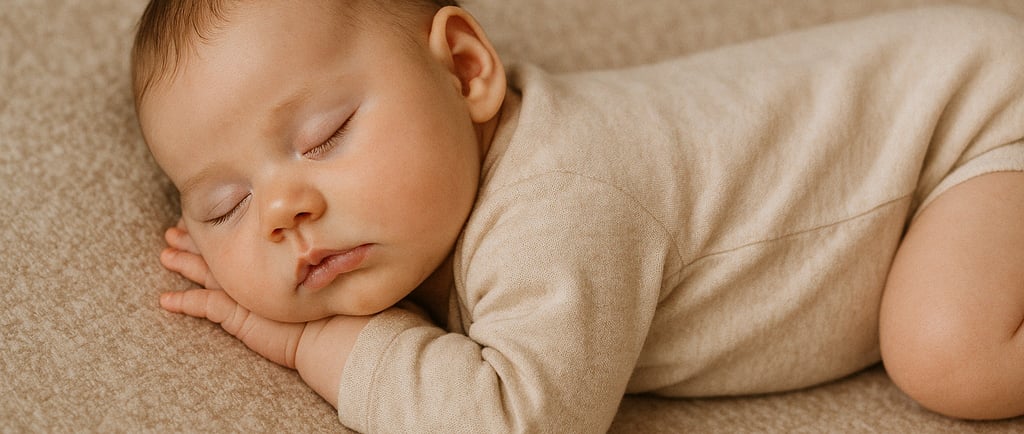How Many Hours of Sleep Do You Need? A Doctor's Guide
Discover how many hours of sleep you need for optimal health. This doctor-backed breakdown covers sleep needs and sleep duration to help you achieve better rest. Discover how much sleep you really need for optimal health. Learn how sleep quality, age, and lifestyle affect your well-being—and when it's time to seek help for sleep issues. Let me know if you want a shorter version for Google snippets or to include specific keywords like "self-care," "sleep tips," or "health risks."
Alok Bains
4/15/20252 min read


How Many Hours of Sleep Do You Need? A Doctor-Backed Breakdown
Sleep is the most essential component of good health apart our health and well-being. Most of us spend nearly one-third of our lives sleeping, yet the amount of sleep each individual needs can vary.
How Much Sleep Do You Really Need?
While eight hours is often cited as the standard, some people require more or less to feel truly rested. the ideal amount of sleep isn't just about the number of hours you spend in bed — it's about how rested you feel when you wake up.
Something remarkable happens when you sleep. It’s the most natural form of self-care we have.
Sleep as Self-Care; The Sweet Spot: 7 to 9 Hours
Most adults function best with seven to nine hours of sleep per night. This range is associated with the lowest risk of health problems. Once sleep drops below six hours or exceeds nine hours regularly, the risk of issues like heart disease, diabetes, and even depression starts to increase. Quality of sleep is just as important as quantity; waking up refreshed is a key indicator of good sleep.
But there's no one-size-fits-all answer. the quality of your sleep matters just as much as the quantity.
If someone says they sleep a lot but still wake up tired, something’s wrong, It’s like leaving your favourite restaurant still feeling hungry.
Sleep Needs Change with Age
Our sleep needs evolve throughout life. Newborns require the most, often between 14 to 17 hours a day, due to the rapid growth their bodies undergo. Children and teenagers also need more rest as their bodies and brains develop.
Young adults (16–25 years): Slightly more than 7–9 hours
Adults (26–64 years): 7–9 hours
Older adults (65+): Slightly less than the typical range
The first part of the night is dominated by deep, slow-wave sleep, essential for physical restoration and growth hormone release. Later, we experience more REM sleep, which plays a vital role in learning and memory consolidation.
Do Women Need More Sleep?
Interestingly, while research doesn’t show a biological need for more sleep-in women, studies reveal that women do tend to sleep slightly more than men, on average.
This difference may begin in adolescence, where teen girls often get less sleep than boys and report more issues with insomnia. As women grow older, pregnancy, motherhood, hormonal changes during menstruation, and menopause can all influence both the quality and duration of sleep.
Signs It's Time to Seek Help
Sleep deprivation doesn’t just leave you feeling groggy — it can have serious health consequences. If you’re regularly feeling irritable, unfocused, or constantly tired despite getting what seems like “enough” sleep, it might be time to pay attention.
“Sleep problems can lead to depression, high blood pressure, weakened immunity, and even increase your risk for Alzheimer’s,”
If you're struggling with sleep, your first step should be a visit to your primary care doctor, who can rule out underlying health issues. If sleep troubles continue, consider seeing a sleep specialist for a more thorough evaluation. After all, waking up refreshed is not just a goal—it's a sign that your body and mind are working in harmony.
Alok Bains
